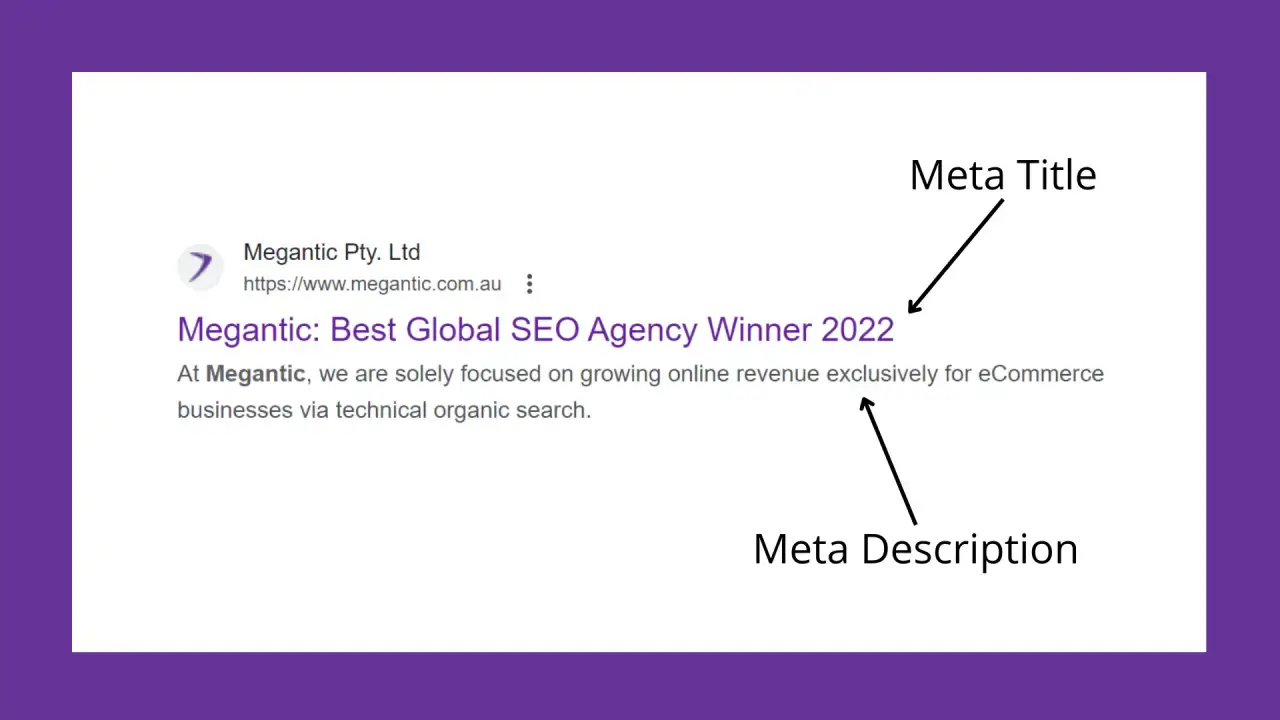In today's digital age, local businesses face fierce competition for visibility in search engine results. Whether you're a restaurant, a retail store, or a service provider, optimizing your online presence for local searches is essential for attracting nearby customers.
Understanding Local SEO
Ajouter un commentaire






